
Film noir is a cinematic term used primarily to describe stylized Hollywood crime dramas, particularly those that emphasize cynical attitudes and motivations. The 1940s and 1950s are generally regarded as the "classic period" of American film noir. Film noir of this era is associated with a low-key, black-and-white visual style that has roots in German Expressionist cinematography. Many of the prototypical stories and much of the attitude of classic noir derive from the hardboiled school of crime fiction that emerged in the United States during the Great Depression.

Edward Dmytryk was a Canadian-born American film director and editor. He was known for his 1940s noir films and received an Oscar nomination for Best Director for Crossfire (1947). In 1947, he was named as one of the Hollywood Ten, a group of blacklisted film industry professionals who refused to testify to the House Un-American Activities Committee (HUAC) in their investigations during the McCarthy-era Red Scare. They all served time in prison for contempt of Congress. In 1951, however, Dmytryk testified to the HUAC and named individuals, including Arnold Manoff, whose careers were then destroyed for many years, to rehabilitate his own career. First hired again by independent producer Stanley Kramer in 1952, Dmytryk is likely best known for directing The Caine Mutiny (1954), a critical and commercial success. The second-highest-grossing film of the year, it was nominated for Best Picture and several other awards at the 1955 Oscars. Dmytryk was nominated for a Directors Guild Award for Outstanding Directorial Achievement in Motion Pictures.

In a Lonely Place is a 1950 American film noir directed by Nicholas Ray and starring Humphrey Bogart and Gloria Grahame, produced for Bogart's Santana Productions. The script was written by Andrew P. Solt from Edmund H. North's adaptation of Dorothy B. Hughes' 1947 novel of the same name.
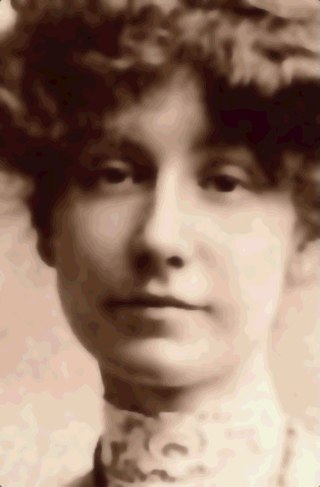
Margaret Gabrielle Vere Long, who used the pseudonyms Marjorie Bowen, George R. Preedy, Joseph Shearing, Robert Paye, John Winch, and Margaret Campbell or Mrs. Vere Campbell, was a British author who wrote historical romances and supernatural horror stories, as well as works of popular history and biography.
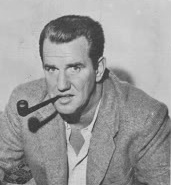
William Peter McGivern was an American novelist and television scriptwriter. He published more than 20 novels, mostly mysteries and crime thrillers, some under the pseudonym Bill Peters.
Graham Greene (1904–1991) was an English novelist regarded by many as one of the greatest writers of the 20th century. Combining literary acclaim with widespread popularity, Greene acquired a reputation early in his lifetime as a major writer, both of serious Catholic novels, and of thrillers. He was shortlisted, in 1966 and 1967, for the Nobel Prize for Literature. He produced over 25 novels, as well as several plays, autobiographies, and short stories.

It Always Rains on Sunday is a 1947 British film adaptation of Arthur La Bern's novel by the same name, directed by Robert Hamer. The film has been compared with the poetic realism movement in the French cinema of a few years earlier by the British writers Robert Murphy and Graham Fuller.

Charles II of England has been portrayed many times.
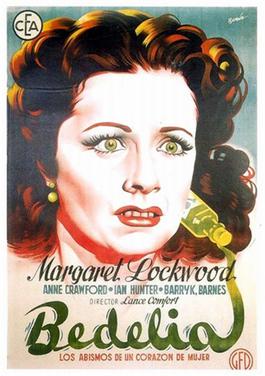
Bedelia is a 1946 British melodrama film directed by Lance Comfort and starring Margaret Lockwood, Ian Hunter and Barry K. Barnes. It is an adaptation of the 1945 novel Bedelia by Vera Caspary with events relocated from the United States to Monaco and England.

Jean Gillie was an English film actress of the 1930s and 1940s. Gillie appeared in 20 British and two American films before her career was cut short by her early death.

So Evil My Love is a 1948 British and American Gothic psychological thriller film directed by Lewis Allen and starring Ray Milland, Ann Todd and Geraldine Fitzgerald.

The Root of All Evil is a 1947 British drama film, directed by Brock Williams for Gainsborough Pictures and starring Phyllis Calvert and Michael Rennie. The film was the first directorial assignment for Williams, who was better known as a screenwriter, and also produced the screenplay based on the 1921 novel by J. S. Fletcher.
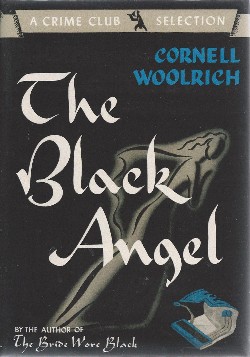
The Black Angel is a 1943 novel by Cornell Woolrich, which was based on two of his own short stories, Murder in Wax and Face Work. Woolrich had reworked many of his short stories into full-length novels, including Black Angel.
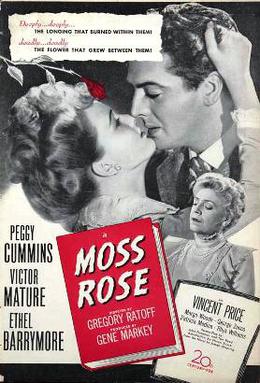
Moss Rose is a 1947 American film noir mystery film directed by Gregory Ratoff and starring Peggy Cummins, Victor Mature and Ethel Barrymore. It is an adaptation of the 1934 novel Moss Rose by Marjorie Bowen based on a real-life Victorian murder case.
Jack Bernhard was an American film and television director. His films include Decoy (1946), Blonde Ice (1948), Unknown Island (1948) and The Second Face (1950).
Edward the Black Prince has been depicted in art, film, literature, plays and games.

Airing in a Closed Carriage is a 1943 British historical novel written by Marjorie Bowen under the pseudonym of Joseph Shearing. Two brothers develop a fierce rivalry over the same woman. It was inspired by the real life murder trial of Florence Maybrick.

General Crack is a 1928 historical novel by the British writer Marjorie Bowen, written under her pen name of George Preedy.















